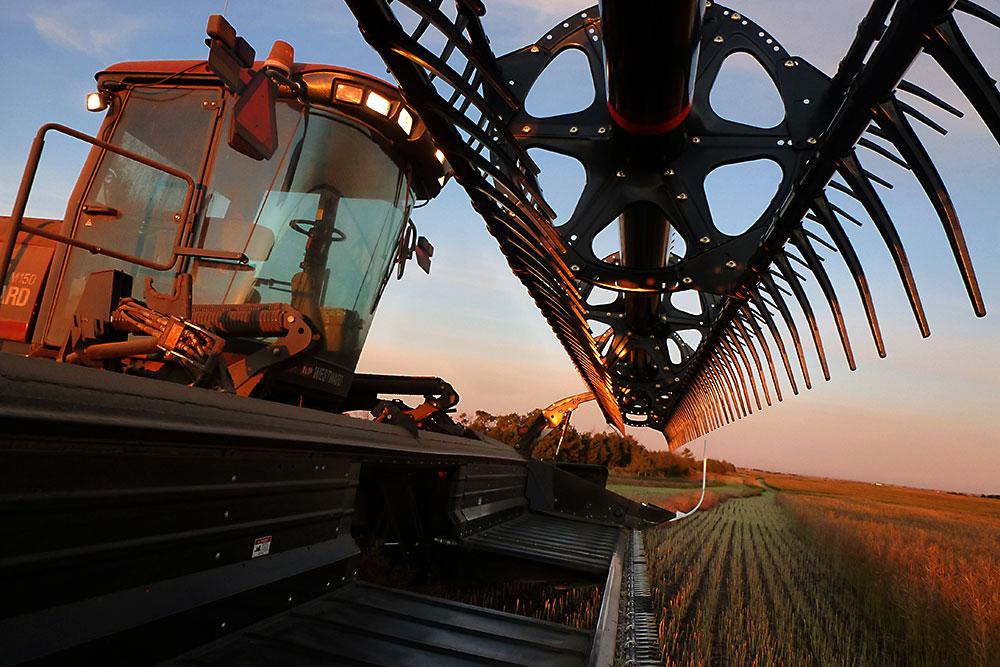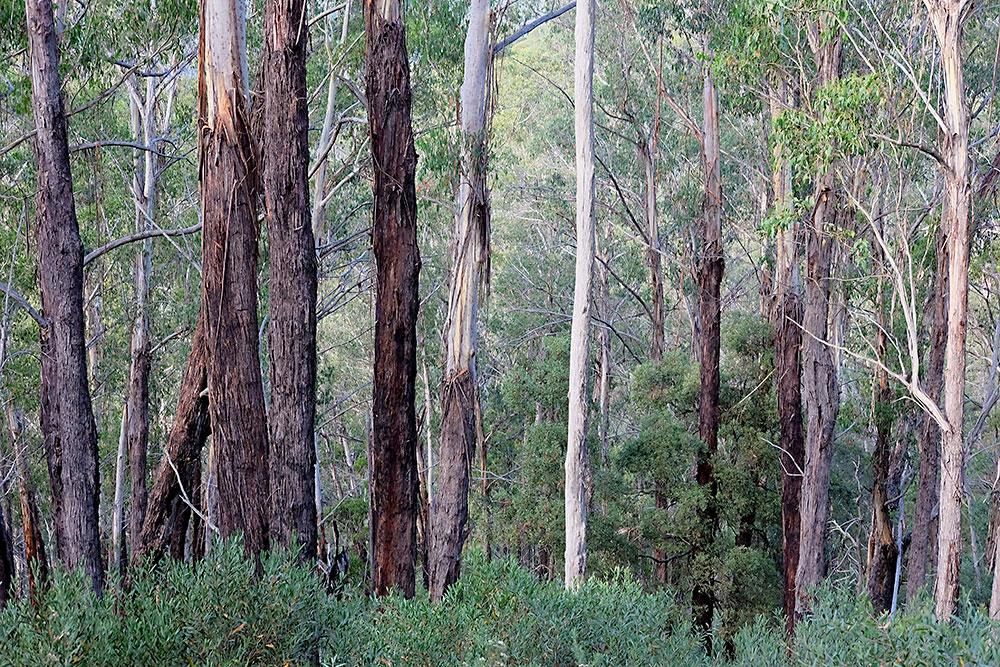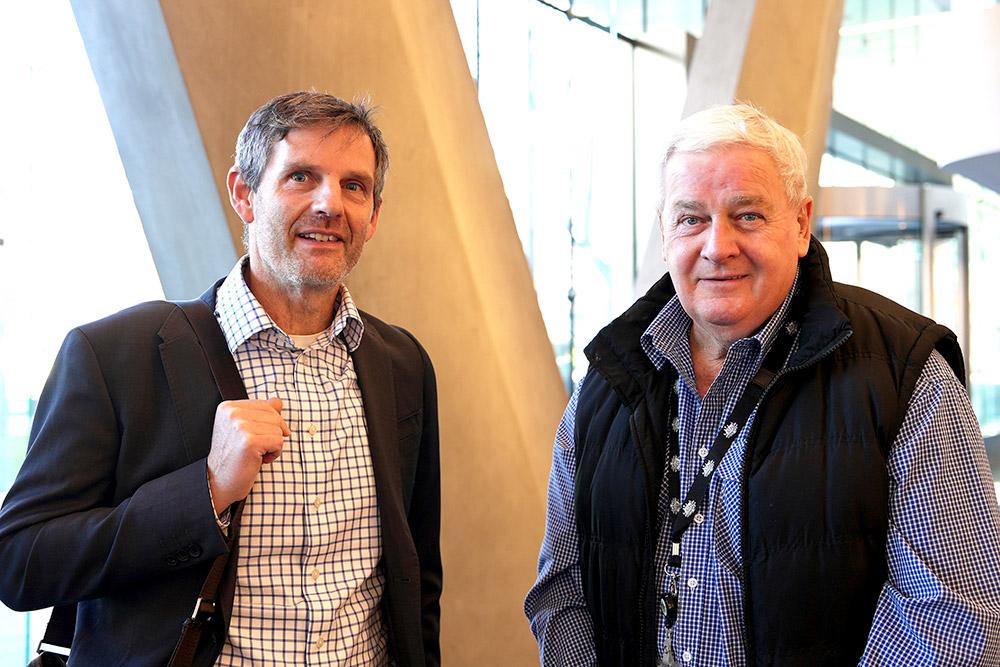Improving food security, promoting global growth and cutting emissions can be achieved through the removal of agricultural subsidies and tariffs, according to the latest ABARES Insights report.
Executive Director of ABARES Dr Jared Greenville said the global community needed to find a way for agriculture to reduce emissions while also feeding the world’s population.
“Agriculture accounts for about 12 per cent of global emissions,” Dr Greenville said.
“That’s nearly 6 gigatonnes of CO2-equivalent emissions, including methane, each year.
“Emissions from agriculture are unavoidable – they’re a fundamental part of the biological processes that go into food production.
“But we know the sector will face increasing pressure to contribute to emissions reductions in order to reach Paris targets.
“We also know that many governments subsidise and protect agricultural production. Globally, taxpayer support to agriculture has been rising. At the same time, global emissions from agriculture have been going up.
“Current levels of global tariffs and subsidies have created significant inefficiencies in the global food system, which is bad news for consumers, global producers and the environment.”
Australia has one of the lowest levels of distorting agricultural subsidies and tariffs across the 38 Organisation for Economic Co-operation and Development (OECD) member countries - and when compared to major emerging economies.
Dr Greenville said this has helped Australian food and fibre to remain competitive in international markets, and underpins our strong and sustainable agricultural sector.
“Globally, there are more efficient ways to farm and produce food, and by eliminating global tariffs on food trade and subsidies to farmers, supported by rules to prevent deforestation, it’s possible to make progress on food security, economic development and emissions reductions,” he said.
“New ABARES modelling shows that through coordinated multilateral action, policymakers can deliver a win-win scenario for the world: cutting global emissions, raising economic growth and improving food security with greater food consumption and lower food prices.”
The Emissions, agricultural support and food security report can be read here: https://www.agriculture.gov.au/abares/products/insights/emissions_agsupport_and_foodsecurity



